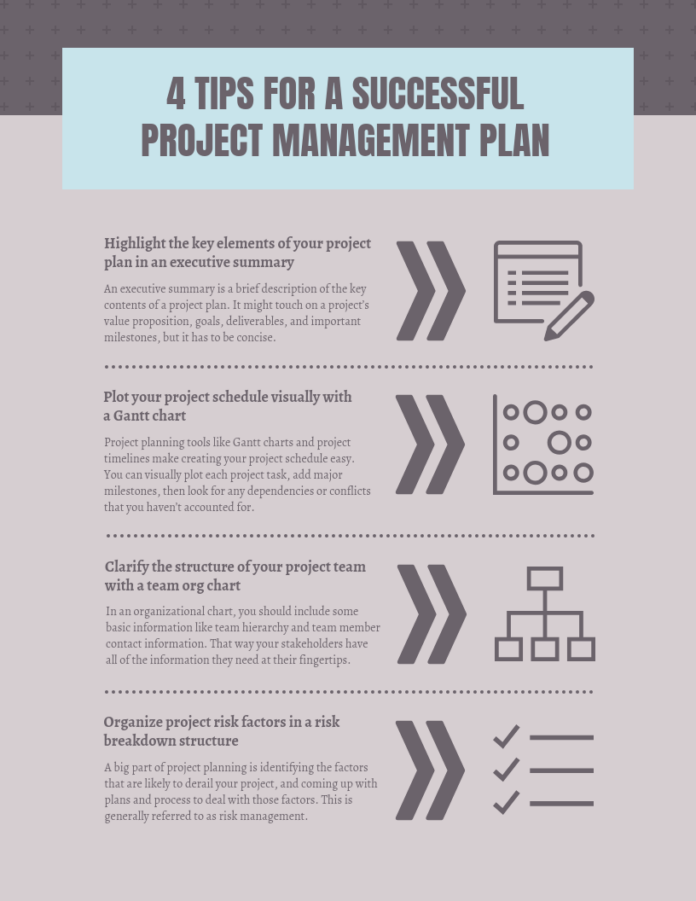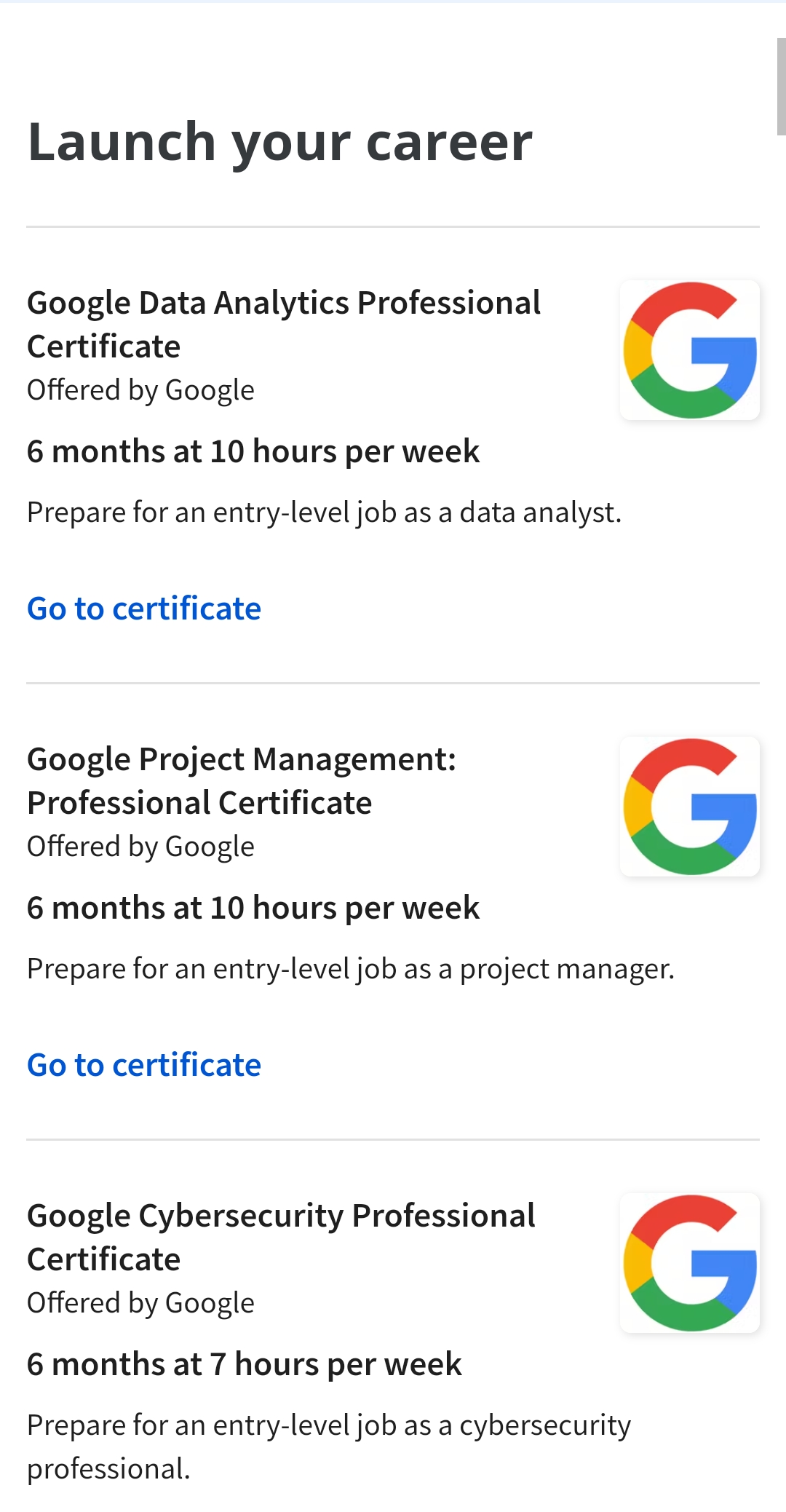An Introduction to Project Management PDF
The purpose of this briefing paper is to introduce key project management terms and concepts to provide a common language for discussion, including what is:
- A project
- Project management
- Project success
- A project manager
- A project management plan
Successful project management has several significant characteristics. To understand the value of project management, it is necessary to understand the fundamental nature of a project; the core characteristics of project management processes; how success is evaluated, the roles, responsibilities, and activities of a project manager, and the expertise required; and the context in which projects are performed, conceptually illustrated by figure 1
Throughout this document, references are made to The Project Management Institute’s (PMI®) Project Management Body of Knowledge (PMBOK®). Developed over the past 30 years, the PMBOK is a collection and organization of knowledge on the project management profession.
It is widely accepted to include the core elements of successful project management practices. It is a regularly updated and internationally referenced standard and provides a basis for universal discourse on practices. Most modern academic and practical publications on the subject of project management reference the PMBOK, adopt its methodology and incorporate its terminology.

What Is a Project?
The fundamental nature of a project is that it is a “temporary endeavor undertaken to create a unique product, service, or result.” Projects are distinguished from operations and from programs.
Temporary Endeavor
To be temporary signifies that there is a discrete and definable commencement and conclusion; the management of a project requires tailored activities to support this characteristic, as such, a key indicator of project success is how it performs against its schedule—that is, does it start and end on time.
Unique Deliverable
The uniqueness of the deliverable, whether it is a product, service, or result, requires a special approach in that there may not be a pre-existing blueprint for the project’s execution and there may not be a need to repeat the project once it is completed. Uniqueness does not mean that there are no similarities to other projects, but that the scope for a particular project has deliverables that must be produced within constraints, through risks, with specific resources, at a specific place, and within a certain period; therefore, the process to produce the deliverable, as well as the deliverable itself, is unique.
Progressive Elaboration
This unique process and deliverable produce the third characteristic of a project: progressive elaboration. Project management is a group of interrelated processes, implemented in a progressively elaborative manner, in which to produce the deliverable. Progressive elaboration is revealing and focusing on details through time. For example, in the engineering design process, a general and broad concept may be a starting point for the design team; but through the design process, the concept is narrowed to a specific scope and is further elaborated to achieve the completed design; moreover, it may continue to be elaborated and not be finalized until the product, service, or result is delivered.
What Is Project Management?
Project management is the process of the application of knowledge, skills, tools, and techniques to project activities to meet project requirements.”
That is, project management is an interrelated group of processes that enables the project team to achieve a successful project. These processes manage inputs and produce outputs from specific activities; the progression from input to output is the nucleus of project management and requires integration and iteration.
For example, a feasibility report could be an input to a design phase; the output of a design phase could be a set of plans and specifications. This progression requires project management acumen, expertise, tools, and techniques, including risk management, contingency development, and change control.
Figure 1 illustrates the project context, its conceptual boundaries, or scope lines, as well as the process groups required to manage the inputs and deliver the outputs.
Project Management Tutorial ( Complete Course ) | Google Project Management
Prepare for a new career in the high-growth field of project management, no experience or degree is required. Get professional training designed by Google and get on the Fastrack to a competitively paid job. There are 475,100 U.S. job openings in project management with a $59,000 average entry-level salary.
Project managers are natural problem-solvers. They set the plan and guide teammates, and manage changes, risks, and stakeholders.
Over 6 courses, gain in-demand skills that will prepare you for an entry-level job. Learn from Google employees whose foundations in project management served as launchpads for their own careers. At under 10 hours per week, you can complete it in less than six months.





